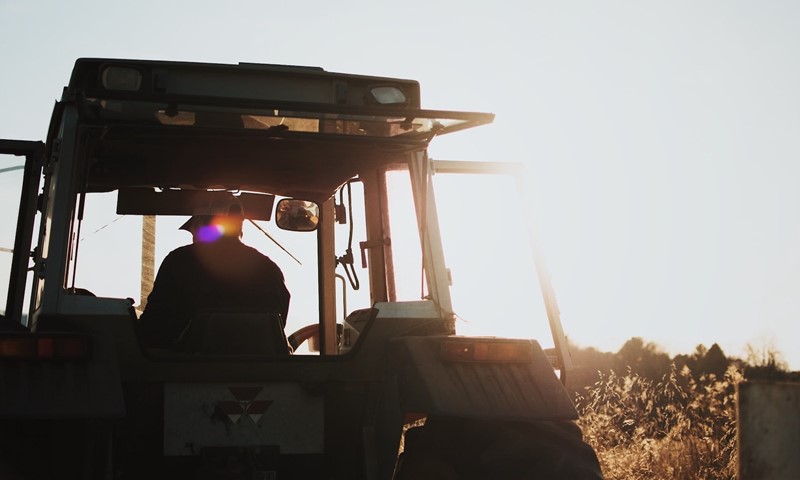
As part of the 22nd Annual Niman Ranch Hog Farmer Appreciation Celebration, Food Tank President Danielle Nierenberg moderated a panel discussion on the tradeoffs in today’s food production and the future of the food system.
The panel, “Resilience vs. Efficiency,” featured author Michael Pollan, Niman Ranch Founder Paul Willis, and Tanka Bar CEO Dawn Sherman.
The conversation began with an assessment of the food system’s evolution since Pollan published Omnivore’s Dilemma – a book praised for its inquiry of the politics of eating – in 2006.
“Things with the food system have gotten a lot worse and a lot better. And so it’s kind of a mixed bag,” Pollan says.
He explains that concentration in the agriculture industry has increased and fast food companies have spread around the globe. But, he notes, alternative food economies have also grown.
“I’m talking not only about the burgeoning of local food, farm to table, all of which has gotten much, much bigger,” Pollan says. “But also, a bunch of innovative new companies pay attention to where their food comes from.”
But as much as the food system has changed since 2006, Pollan explains that COVID-19 represents a pivotal moment. And it highlights the tension between a food system that is efficient and one that is resilient.
“What we have seen in the pandemic is the importance of resilience and the limitations of efficiency,” Pollan says.
To Pollan, one aspect of a resilient system is redundancy. Should a region have just one meatpacking plant that closes, Pollan explains, there will be shortages in the supply. But if one plant among thousands closes, it will barely impact the larger system.
When asked what the concept of resilience means to Niman Ranch, Willis adds that diversity is important as well.
“Almost everybody is raising other things on their farms, which makes them diversified.” Willis says about Niman Ranch farmers. “And each of these production systems complement each other.”
Sherman notes that resilience in the Oglala Lakota community also stems from food sovereignty and local food systems. “This is a practice that we have always done: foraging and harvesting, having our food, and sustaining ourselves through the winter,” Sherman says.
To ensure that resilience in the food system continues to grow, Niman Ranch works to support farmers, their families, and rural communities through the Niman Ranch Next Generation Foundation. The Foundation offers the children of farmers and ranchers scholarships to further their education and bring attention to traditional farming practices.
Pollan also says that storytellers and journalists are integral to strengthening food systems. As they shed light on sustainable options, consumers have the knowledge to support these alternative systems.
“There is a market, an information market, for people who do want to know where their food comes from,” Pollan says, “for people who want to feel good about their choices and realize that they have a vote.”
To hear the full conversation, please take a listen below:


